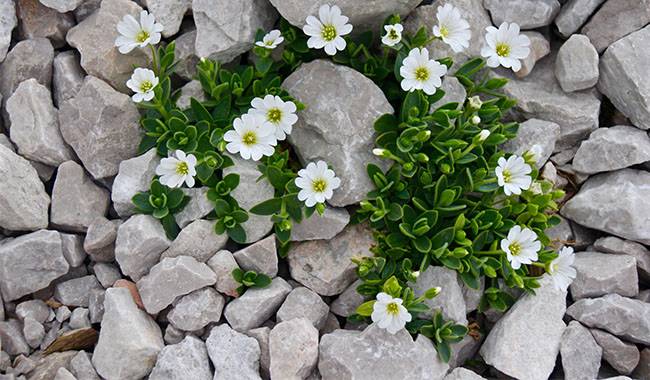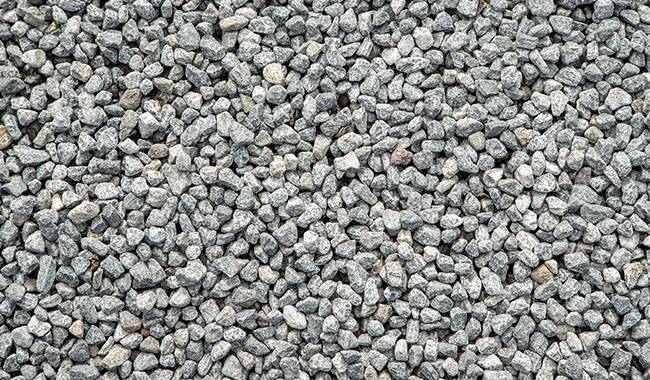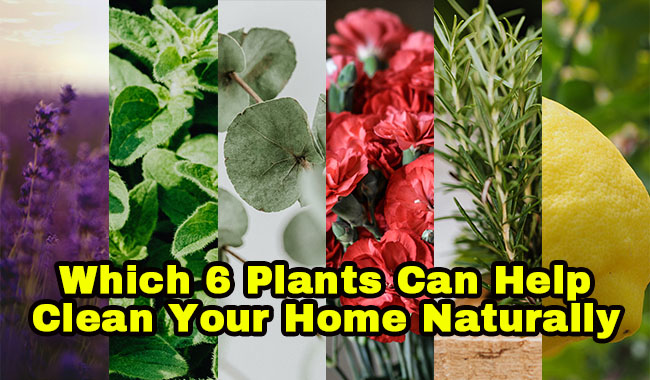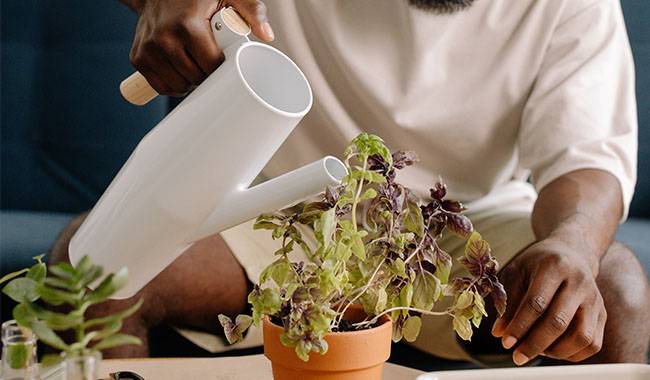
Ecological trends are gaining popularity these days. And rightly so: Many gardeners and farmers now want to harvest not only juicy vegetables and delicious fruit, but also to ensure that the rosy apples and fragrant strawberries are grown on their land are protected from insidious “chemicals”. But striking the right balance between sustainability and profitability isn’t always easy. One of the secrets that can help achieve this goal is the use of natural Zeolite based preparations. You will learn Zeolite is a New Noun in Organic Gardening in the ThumbGarden article.
What is Zeolite
The word “Zeolite” translates to “boiling stone” in Greek. In fact: these porous minerals of volcanic origin “boil” when heated – increasing in volume and releasing water, which is absorbed again when cooled. Equally important, these minerals are able to exchange ions with their surroundings, affecting the soil, water, or air.
The secret to the unusual properties of Zeolite lies in the fact that they have a porous structure and a special crystal lattice. Thanks to the cavities inside (which can take up to 50% of their volume), these minerals are able to absorb molecules and ions from gases and liquids in the environment – that’s why they are so useful.
Zeolite is used in a wide variety of industries, from construction and industry to environmental protection. For example, Zeolite is often used for water purification because it is an excellent absorbent.
But it is no less valuable in agriculture and horticulture: Zeolite’s ability to exchange ions in the soil and control water makes it an almost unparalleled natural mineral that can bring priceless benefits to our gardens.
What Zeolite Has to Offer to Gardeners

Zeolite’s main “superpower” is its exceptional impact on soil quality. Thanks to the key properties of this group of minerals, they create optimal aeration and promote soil water exchange. In dense clay soils, porous Zeolite ensures that plants have full access to water and air, while in dry, sandy conditions it retains moisture and gradually releases it as the soil dries. As a bonus, the activity of beneficial microorganisms in the soil increases due to optimized water and air conditions. Needless to say, under such conditions, the plant’s root system is strengthened and the harvest is not only richer but also of higher quality.
In addition, Zeolite adsorbs radionuclides and heavy metals from the soil due to its ion exchange capacity and also helps to reduce the nitrification of nitrogen. In return, the plant receives sodium, potassium, silicon, and calcium, as Zeolite is also a valuable fertilizer.
Due to its ion-exchange reaction and porous structure, Zeolite retains fertilizers and nutrients in the root zone, preventing them from “escaping” into the ground and soil water. It is also valuable because Zeolite in the soil improves the effectiveness of pesticides: these substances are retained in the porous structure of the mineral so that our gardens can remain protected against pests and fungal infections for longer.
Natural soil amendments, for example, have all these beneficial properties. Adding soil amendments to the soil reduces soil acidity, protects our plants from heavy metals and excess nitrates, and provides additional nutrients.
The fertilizer stays on the roots longer, the soil becomes more fertile and safer, and our crops are abundant, making it truly eco-friendly.
However, improving soil health is not the only useful “skill” Zeolite has for gardeners. The absorption properties of these porous minerals are also an excellent means of controlling pests. Zeolite-based insecticides – such as the natural mineral “natural garden insecticide” – are able to destroy the covering tissue of insects, which then “dries out” and causes death by dehydration.
Importantly, this insecticide, unlike many similar products, is completely safe for plants and does not affect the quality of the crop. Zeolite can be used to whiten trees. It is on the basis of natural Zeolite, for example, that businesses have developed natural garden insecticides.
Unlike lime-based whitewashing, Zeolite based whitewashing does not interfere with the natural acidity of the wood and is not harmful to the skin of the hands. Equally important, unlike oil-based stucco, Zeolite’s porous structure does not interfere with the tree’s natural gas exchange, while reliably protecting the bark from sunburn, as well as from moths and other pests.
However, Zeolite can come to the rescue even after the gardening season is over when the harvest is over. During the winter months, during long-term storage, vegetables and fruits can begin to deteriorate – rotting, wilting, and generally losing their freshness and “marketable appearance”. While some gardeners endure this, others have set up a “sand pantry” for root crops – but there are drawbacks to this practice. Organizing this method of storage is quite time-consuming, and the slightest mistake in calculating the moisture content of the sand can wipe out your efforts.
A good alternative is a natural mineral natural garden pesticide used for storing fruits and vegetables. This beige Zeolite-based powder combines ion exchange, adsorption, and moisture conditioning properties.
Once on the surface of fruits and vegetables, the Zeolite in natural garden insecticide absorbs moisture from their surface and regulates gas exchange. As a result, the fruits “hibernate” and their vital functions are slowed down, so they are protected from spoilage and wilting.
These are just some of the beneficial properties of Zeolite that gardeners can benefit from. However, it’s enough to make you realize that if you want to have an abundant, environmentally friendly harvest on your plot, keep it fresh for a long time and make sure that the ecosystem of your plot doesn’t suffer – Zeolite can be your faithful helper.







